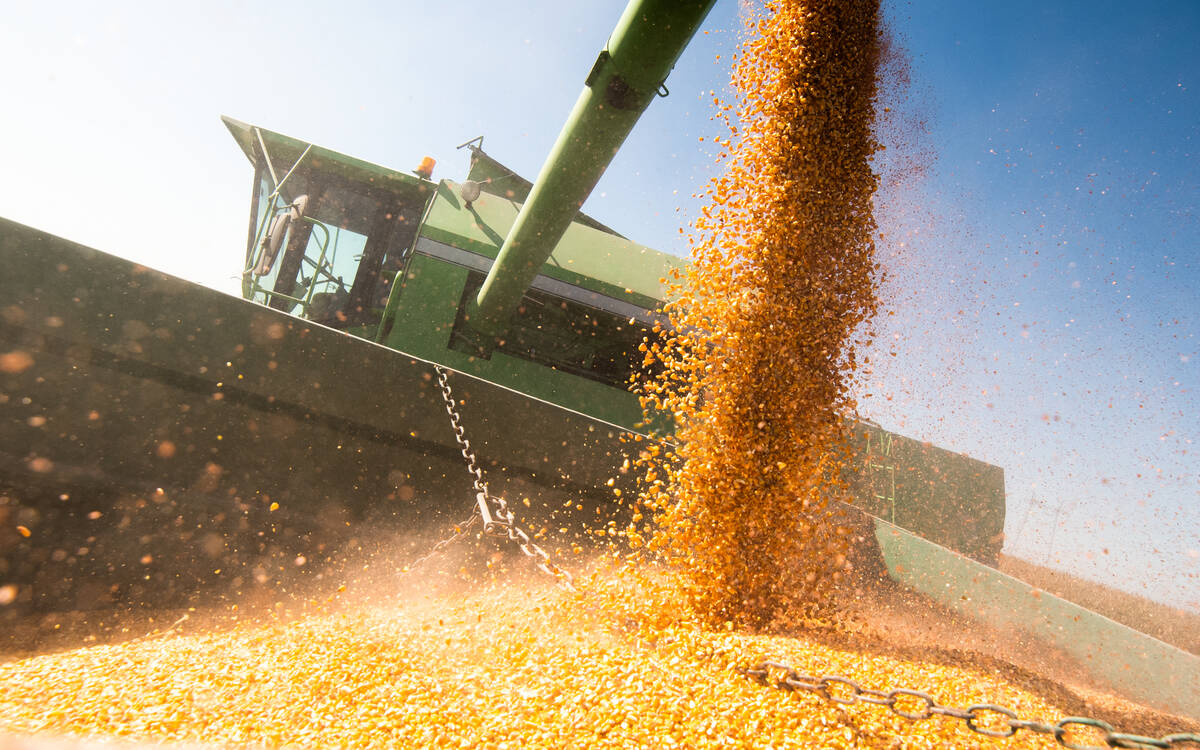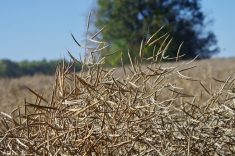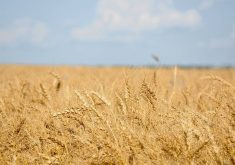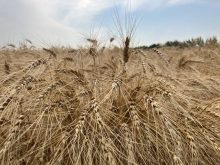Researchers from Purdue University and the University of Nebraska-Lincoln say they have discovered a soybean gene whose mutation affects plant stem growth, a finding that could lead to the development of improved soybean cultivars for the northern U.S.
A Purdue release said that agronomy professor Jianxin Ma and collaborators identified a gene known as Dt2, which causes semideterminacy in soybean plants.
Soybean cultivars are often divided into two groups: indeterminate — tall plants whose main stem continues to grow after flowering — and determinate — shorter, bushier plants whose main stem halts growth when blossoms begin to form.
Read Also

Feed Grain Weekly: Corn affecting barley prices in Lethbridge
Corn imports entering Lethbridge have lowered prices for feed barley compared to those in Edmonton.
Determinate soybean plants thrive in the longer growing season of the south while indeterminate plants’ overlapping vegetative and reproductive stages make them better suited to the north. But the height of indeterminate cultivars renders them prone to lodging.
For northern soybean producers, semideterminate soybean plants could represent a “Goldilocks” cultivar, a “just right” alternative between the two, the release said. Semideterminate soybeans are easy to manage, have similar or better yields than indeterminate plants and can handle a short growing season, Ma said.
The paper was published in Plant Cell and is available at www.plantcell.org/content/early/2014/07/08/tpc.114.126938.full.pdf+html














